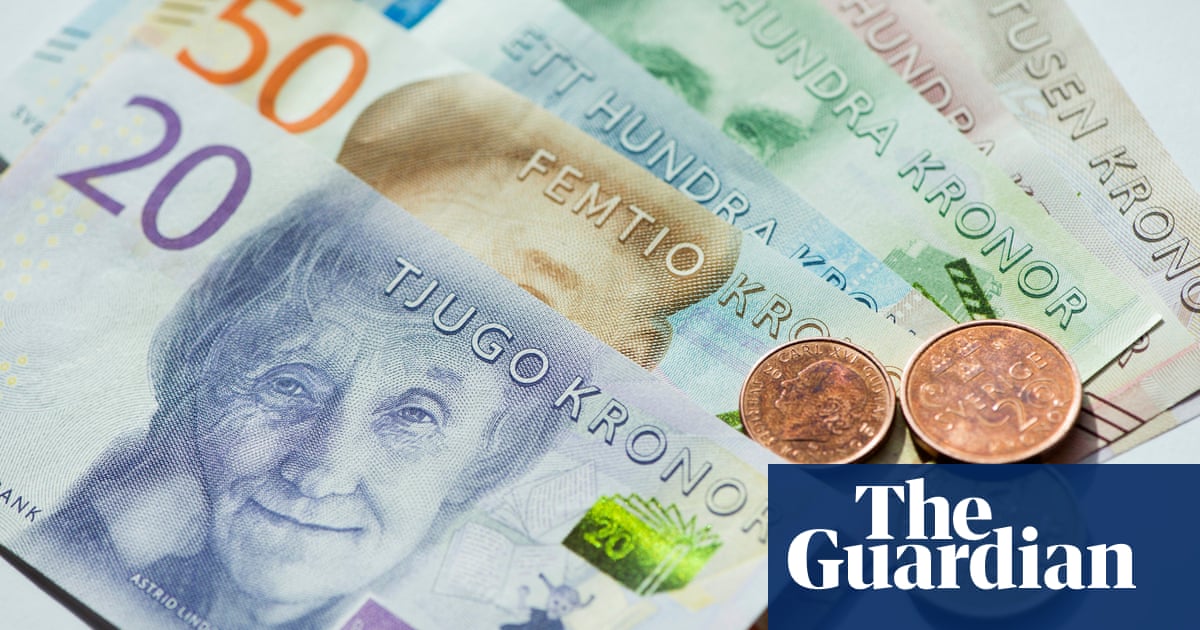- cross-posted to:
- [email protected]
- [email protected]
- [email protected]
- cross-posted to:
- [email protected]
- [email protected]
- [email protected]
cross-posted from: https://feddit.org/post/4262252
A combination of good high-speed internet coverage, high digital literacy rates, large rural populations and fast-growing fintech industries had put the Nordic neighbours on a fast track to a future without cash.
[…]
But Russia’s invasion of Ukraine in 2022 and a subsequent rise in cross-border hybrid warfare and cyber-attacks blamed on pro-Russia groups have prompted a rethink.
[…]
The Swedish government has since completely overhauled its defence and preparedness strategy, joining Nato, starting a new form of national service and reactivating its psychological defence agency to combat disinformation from Russia and other adversaries. Norway has tightened controls on its previously porous border with Russia.
[…]
[Norway’s] justice and public security ministry said it “recommends everyone keep some cash on hand due to the vulnerabilities of digital payment solutions to cyber-attacks”. It said the government took preparedness seriously “given the increasing global instability with war, digital threats, and climate change. As a result, they’ve ensured that the right to pay with cash is strengthened”.
[…]



I think you’re being too pessimistic about IT security, particularly in the Financial sector. A lot of the security rules and audits aren’t even government-run, it’s the sector regulating itself. And trust me, they are pretty thorough and quite nitpicky about stuff.
The cost of failing an audit also often isn’t even a fine, it’s direct exclusion from a payment scheme. Basically, do it right or don’t do it at all. Given that that is a strict requirement for staying in business, most of these companies will have sufficiently invested in IT security.
Of course it’s not airtight, no system really is. But particularly in the financial sector most companies really do have their IT security in order.